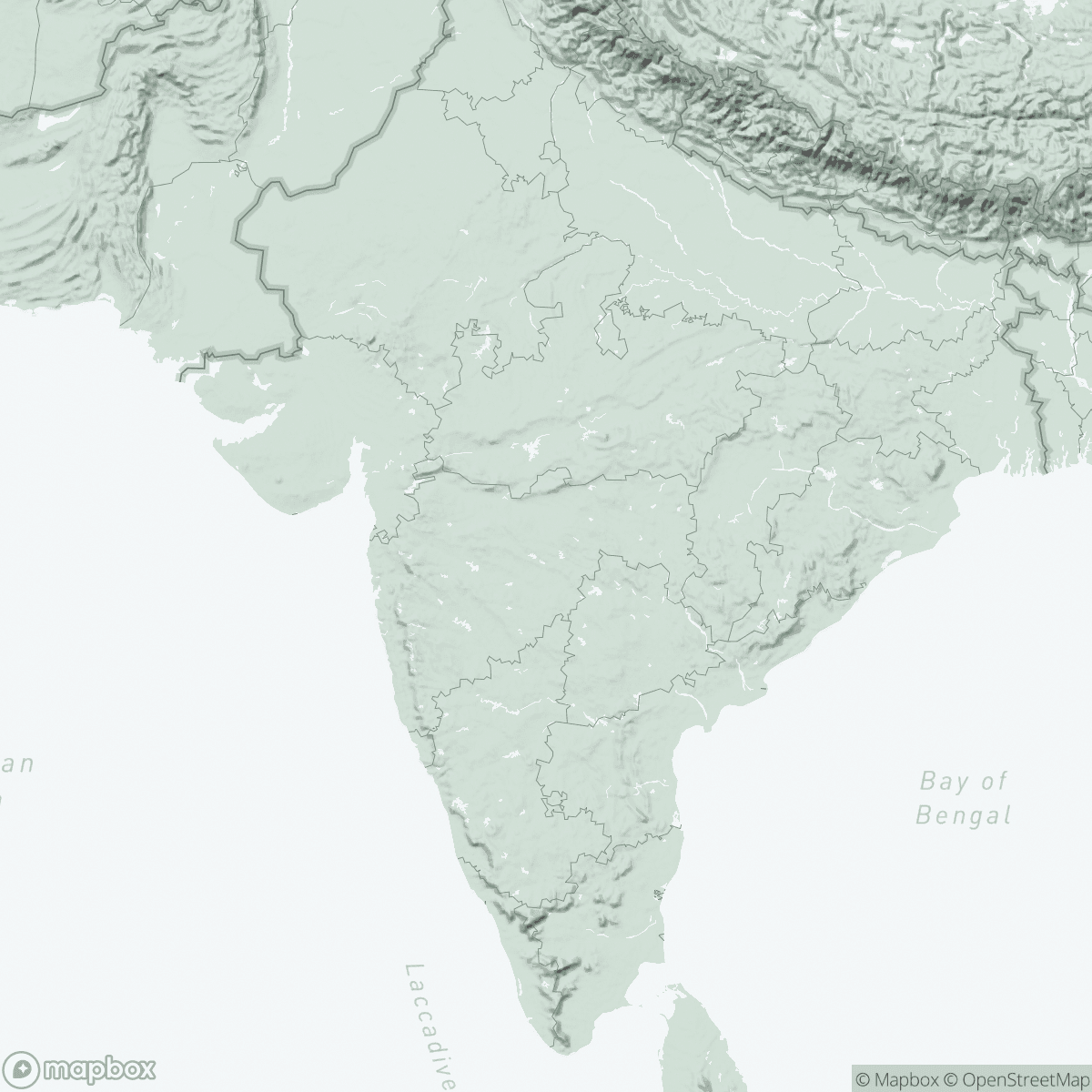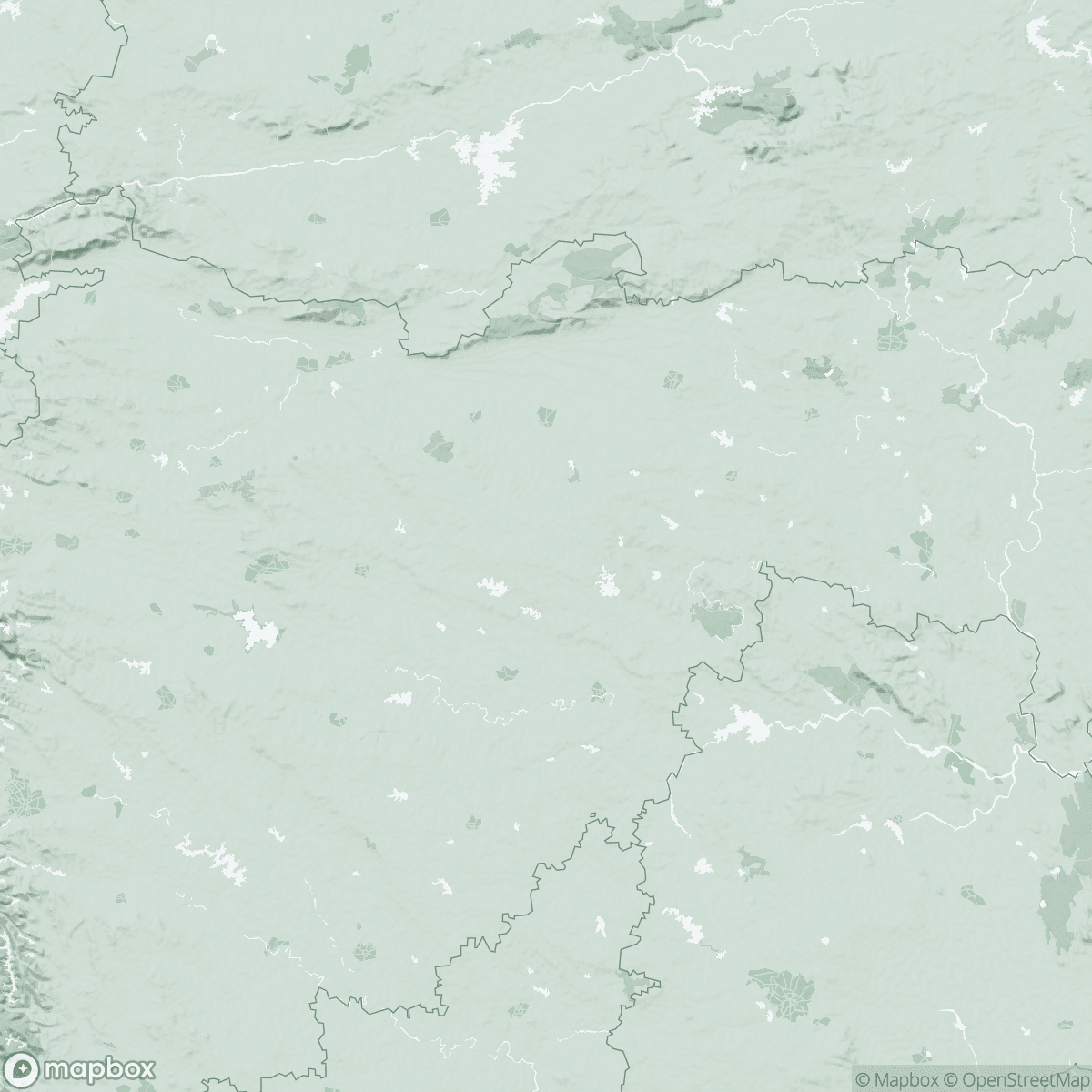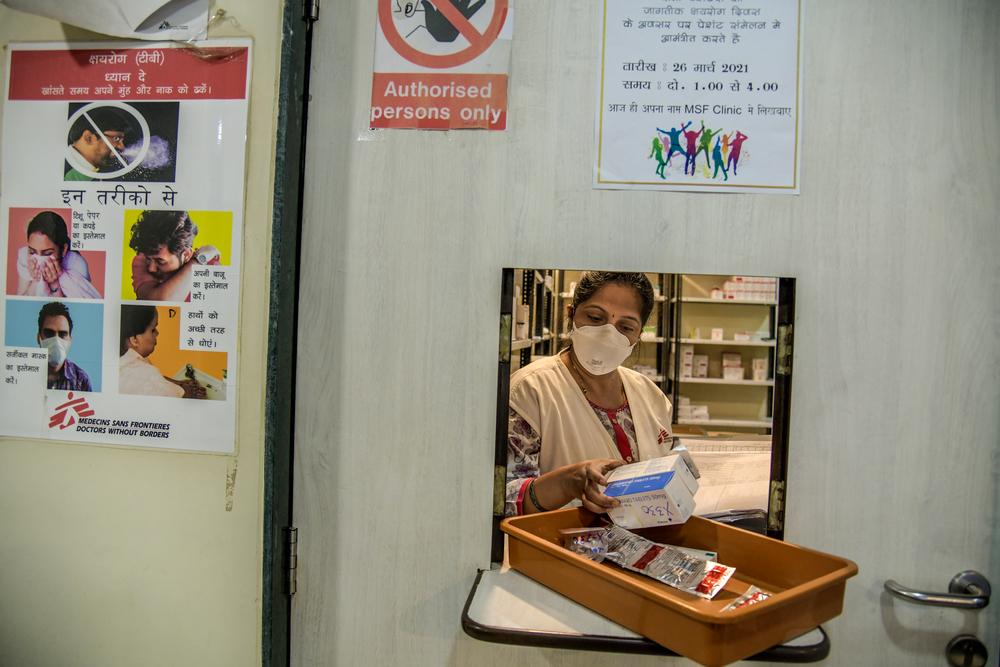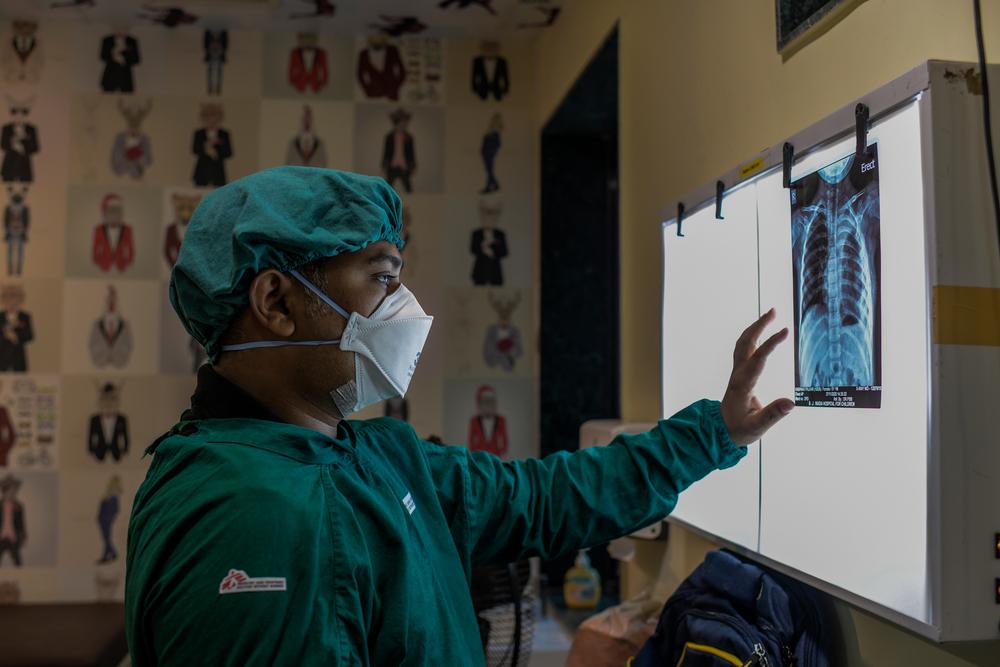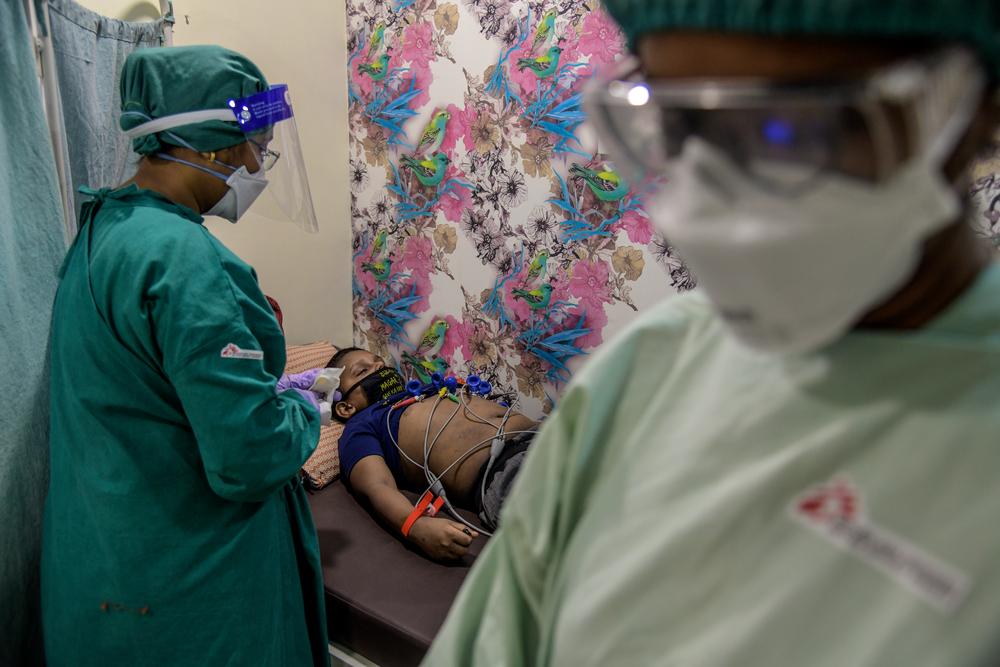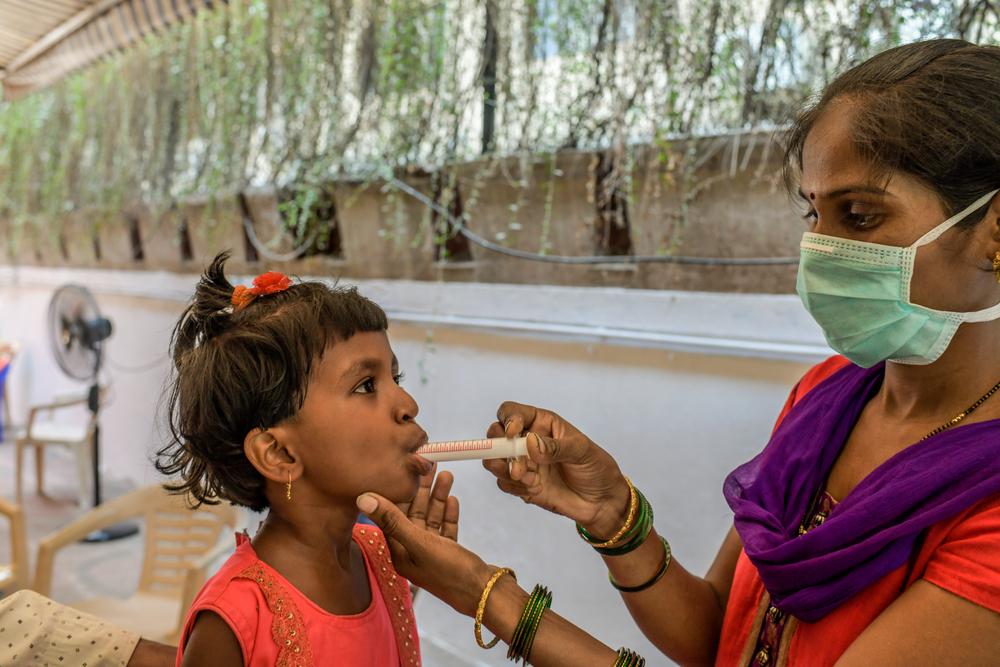
Tuberculosis: New more tolerable therapy not available for many children
In 1 click, help us spread this information :
- Countries need to quickly adopt these new policies and ensure access to new drugs and all-oral regimens for all.
- MSF and the Access Campaign call on Johnson & Johnson (J&J) and Otsuka to make these drugs available and affordable to ensure all-oral treatments with new, safer and more effective drugs, for children with DR-TB.
- All-oral regimens including use of new drugs, as bedaquiline and delamanid simplify DR-TB treatment for children and caregivers by eliminating the use of injectable drugs that can cause deafness and make the treatment regimens shorter, less toxic, and more effective.
The paediatric formulations of bedaquiline is produced by J&J, and delamanid (produced by Otsuka and its local partner Viatris). Prices of bedaquiline peds formulations manufactured by J&J and Delamanid (produced by Otsuka and its local partner Viatris) remain too high to scale DR-TB care in children. Delamanid is approved for use in DRTB since 2014, but its high price of US$1700 per treatment course has significantly limited access in many countries. In India, negotiations with Otsuka and Viatris have been unsuccessful, with the manufacturers refusing to lower the price to the $942 currently being offered to South Africa. J&J and Otsuka must open up to generic supply and lower prices in order for TB programmes to scale up all-oral treatment regimens.
In addition to the slow pace of national guideline changes, access to children’s formulations has been a challenge in high TB burden countries due to high prices and the lack of registration and generic competition. In MSF’s experience, the registration and supply of paediatric formulations are not prioritised by pharmaceutical corporations, and having only one manufacturer for a given drug often results in these formulations being more expensive than the adult versions.
The WHO’s updated rapid guidance is an important step forward. However, it will remain a distant reality for children unless access barriers to paediatric formulations of bedaquiline and delamanid are overcome, allowing them to be rolled out by national TB programmes in all high-burden countries. Dr. Mabel Morales, MSF Medical Coordinator in India
“The high price of delamanid of $1700 per treatment course has significantly limited access in many countries. In India, negotiations with Otsuka and Viatris have been unsuccessful, with the manufacturers refusing to lower the price to the $942 currently being offered to South Africa by Viatris. The price of paediatric formulations of bedaquiline also remain too high. It’s time to smash the status quo: pharmaceutical corporations J&J and Otsuka must open up to generic supply and lower prices in order for TB programmes to scale up all-oral treatment regimens.
“MSF also calls on governments of high-burden countries to take measures to overcome patent barriers and allow production of these lifesaving drugs through generic manufacturers. As treatment providers, we see kids with drug-resistant TB on an almost daily basis in our independent clinic in Mumbai. We no longer want to see these younger children suffer the terrible side effects of the older and painful injection-based drugs, when safer and more effective oral medicines are available elsewhere", explains Dr. Mabel Morales, MSF Medical Coordinator in India.
